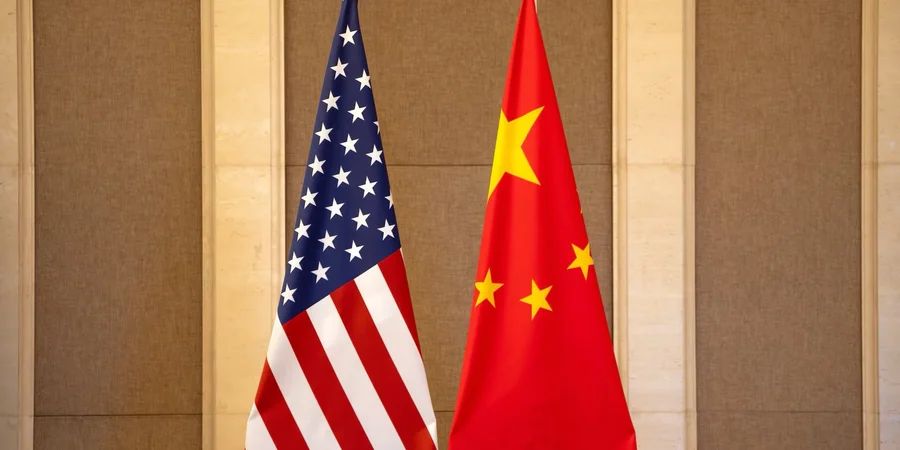China announces new round of trade talks with the US in Kuala Lumpur

China has announced a new round of trade negotiations with the United States, scheduled for October 24–27 in the Malaysian capital, Kuala Lumpur. According to Bloomberg on October 23, this initiative aims to de-escalate tensions between the world’s two largest economies, which have intensified due to mutual sanctions and restrictions. Vice Premier of the State Council of China, He Lifeng, Beijing’s chief trade representative and a close ally of Chinese leader Xi Jinping, will lead the Chinese delegation. The US is expected to be represented by senior officials, including those from the Treasury and Commerce Departments.
Ahead of the talks, He Lifeng held a phone call with US Treasury Secretary Scott Bessent to discuss key aspects of bilateral trade. Bloomberg reports that the conversation was constructive, focusing on reducing trade barriers. This contact signals both countries’ willingness to seek compromise, especially with the current trade truce set to expire on November 10. Analysts note that Kuala Lumpur was chosen as a neutral venue to avoid political pressure and focus on practical solutions.
A key focus of the negotiations will be the agricultural sector, where tensions have reached a critical point. According to China’s General Administration of Customs, data released on October 20 shows that US soybean imports in September 2025 dropped to zero tons—the first such occurrence since November 2018—compared to 1.7 million tons the previous year. This decline is attributed to high tariffs imposed by both nations and Beijing’s shift to suppliers in Brazil and Argentina. Despite this, China remains the world’s largest soybean buyer, with total imports of the oilseed reaching 12.87 million tons in September, the second-highest volume on record.
The US, the largest exporter of agricultural products to China, has suffered significant losses due to the complete halt in soybean purchases. US President Donald Trump has repeatedly called this a “negotiation tactic” by China, emphasizing that American farmers are struggling without access to this market. Discussions on soybeans, corn, and other crops could be pivotal to securing a temporary truce.
The Kuala Lumpur talks are expected to pave the way for a potential meeting between Xi Jinping and Donald Trump on the sidelines of the APEC summit in South Korea, where agriculture could form the basis for a broader agreement. Fortune estimates that a successful compromise on soybeans and grains could return billions of dollars to American farmers and stabilize global food prices. However, failure to reach an agreement risks escalating the trade war, with negative consequences for the global economy.
Read also
Abbey Commodities – General Partner of BLACK SEA GRAIN.KYIV-2026
Black Sea & Danube Barley Market at a Turning Point: Demand Pressure and Regi...
US Supreme Court rules Trump’s emergency duties illegal
Mercosur: Protective measures for European agriculture
US makes concessions on pulses in new trade deal with India
Write to us
Our manager will contact you soon



